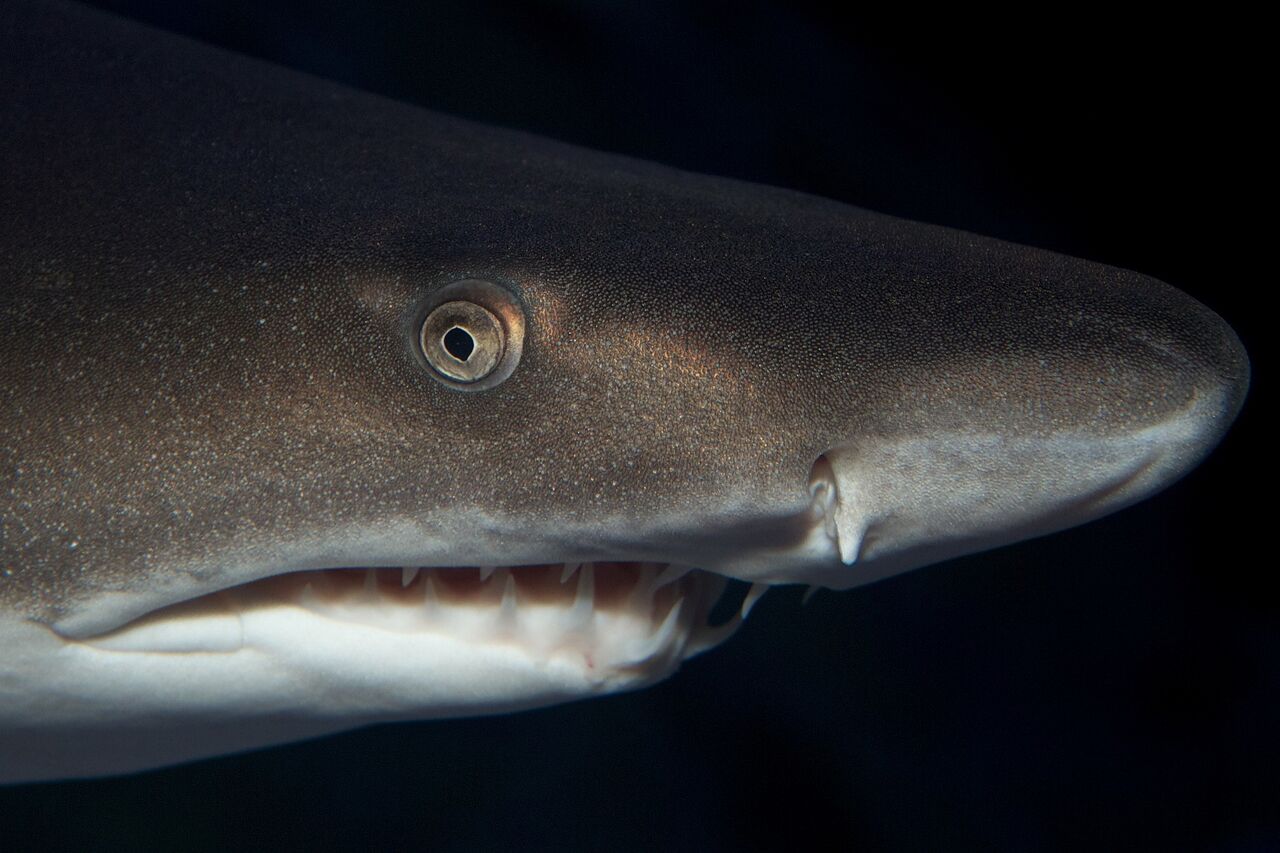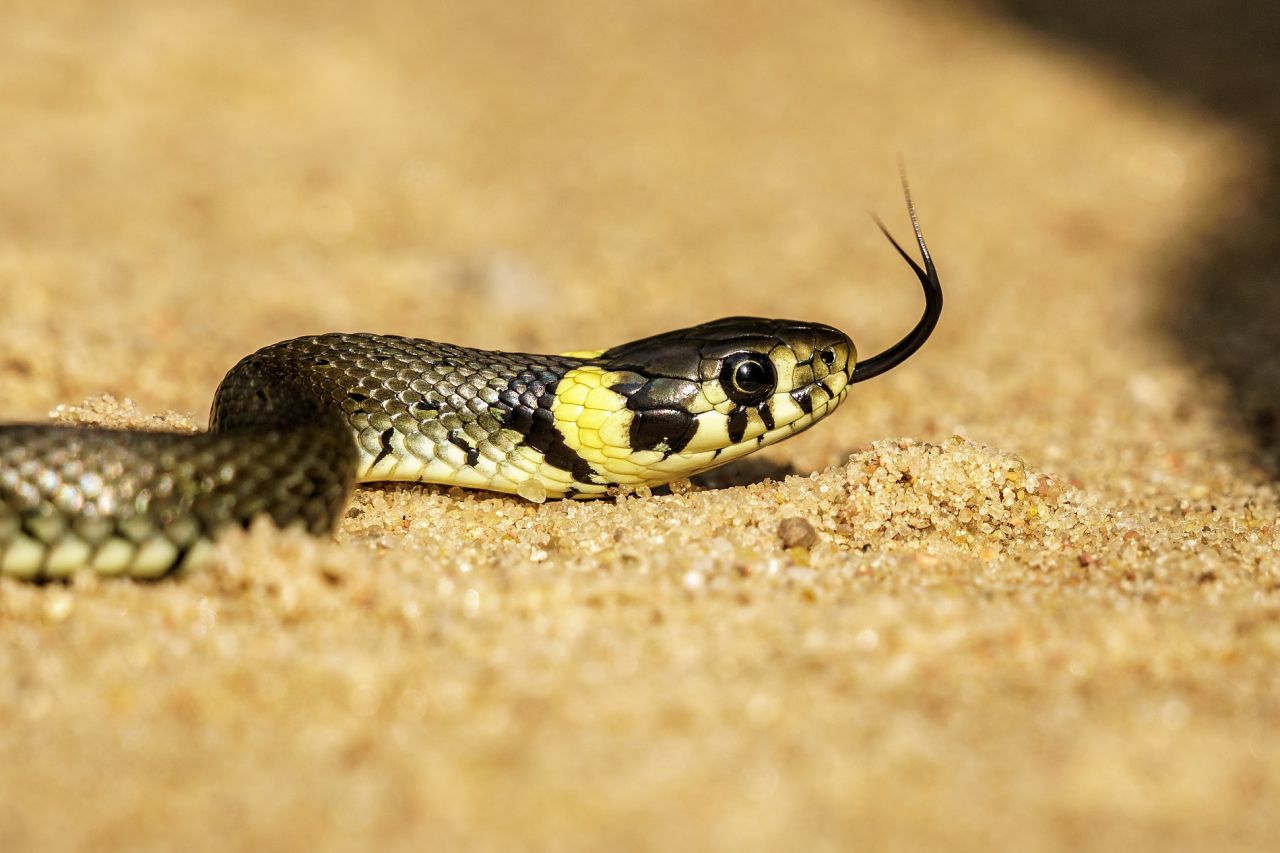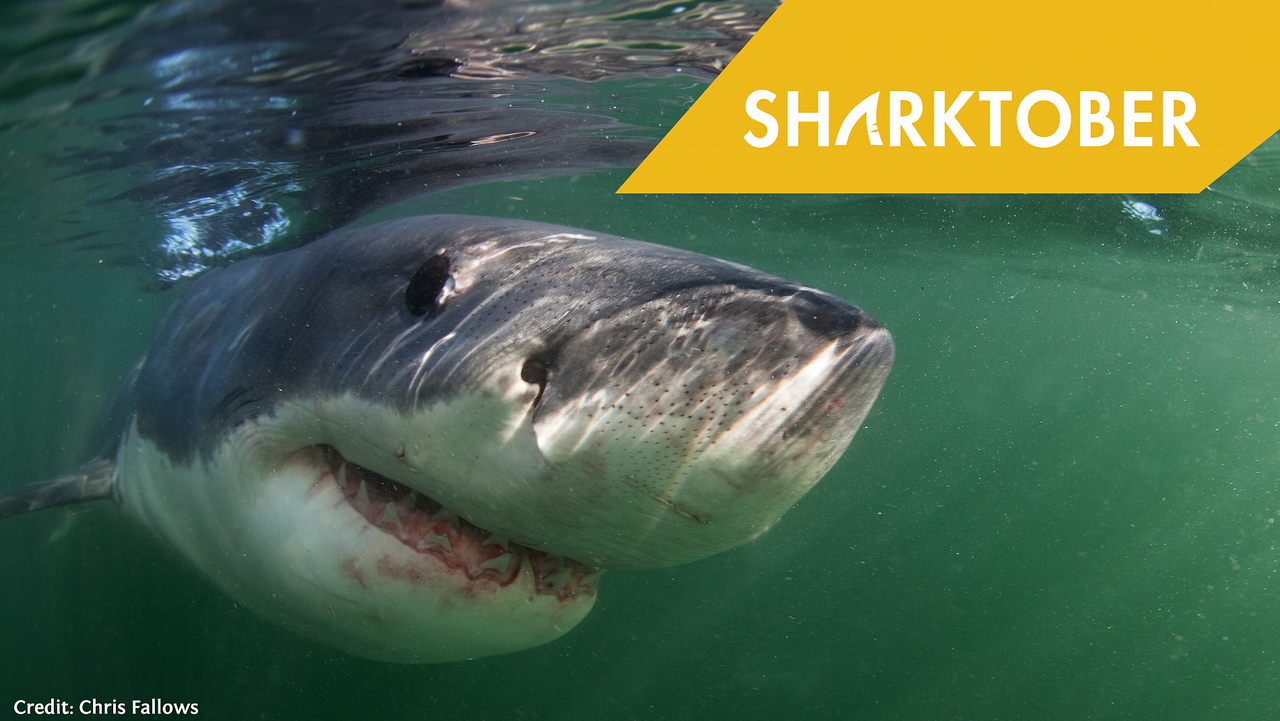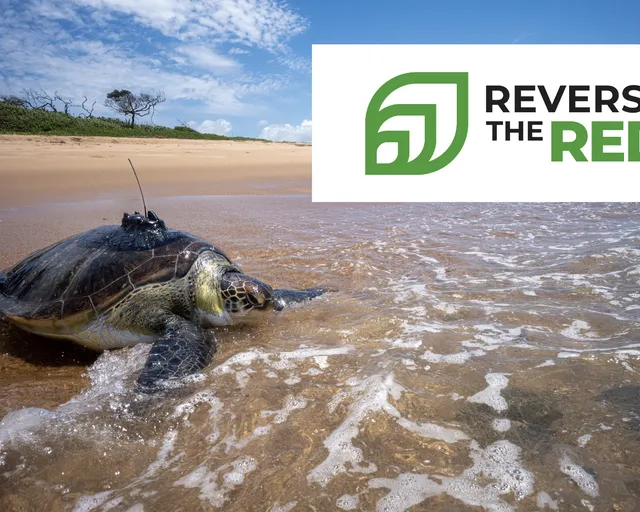There is a general consensus among marine scientists that sharks have an exceptional sense of smell. This is definitely very true and absolutely necessary for their survival. The idea though that sharks have super sniffers that they use to sniff out the minutest amounts of blood in vast bodies of water is, for the most part true, but greatly embellished. Let's take a closer look at sharks' sense of smell this Sharktober.

Let’s first look at how sharks use their noses to sniff out prey, blood and other interesting titbits in the ocean. Smell is incredibly important to sharks and how they use this sense is quite fascinating. Just under the snout of a shark are two small openings, or nares (nasal cavities). Each nare consists of two more openings. Water goes in the one opening and out the other. Inside the nasal cavities are a series of sensitive skin folds. Water passes over sensory cells within the skin folds. These cells pick up the scents in the water and then send signals to the shark’s brain. In the shark’s brain, the olfactory lobes kick in and analyse the scents, which can be those of a potential mate or prey. With smell being so very important to sharks, it is no surprise that about two-thirds of a shark’s brain is made up of olfactory lobes. From here, it is up to the shark to decide if it wants to pursue the scent or not.

The belief that sharks can smell a drop of blood in the ocean, is vastly exaggerated. Sharks can detect one part of blood per million parts of water, but if one were to break this down into an absolutely simple formula (and fairly close to the truth), it means that one would have to add two litres of blood to our Save Our Seas Foundation Shark Exhibit (two million litres of water), to test this theory. If you had lost two litres of blood, you would probably die of blood loss, rather than to a shark bite. Also, consider the length of time that it would take for the scent of the blood to travel from its origins to where a shark is, and then the shark still has to retrace the path of the blood, back to its origin. This could take anywhere from minutes to hours. Not to mention the interference of ocean currents, other animals, other scents and human interference such as boat activity, etc.
So, how do sharks “follow the scent”? A study has found that not only are a shark’s nares super sensitive to smell, but they also work in stereo. Sharks can detect the smallest delays in the time that it takes for a smell to reach one nare versus the other. The shark will turn towards the nare that first registered the smell. The time delay between the smell registering in the first nare and then registering in the second can be as little as half a second. If a shark doesn’t experience such a delay, it will go with the flow and turn whichever way it chooses.

Some other interesting things about how sharks smell: Not all sharks have the same smelling ability. Some are better at it than others. Shark nares are used only for smelling, and not for breathing the way we use our noses. And just in case you are still wondering how sharks smell… they smell a bit fishy!







